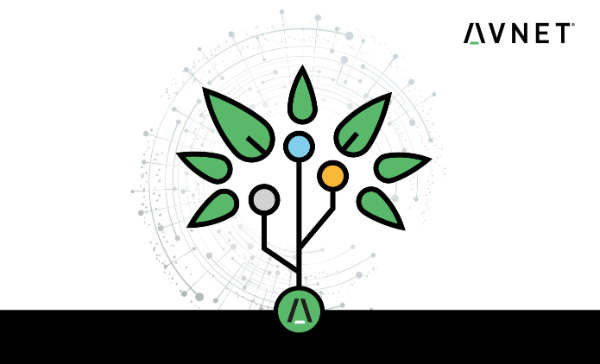Avnet’s FY24 Sustainability Report utilizes widely recognized global frameworks to support transparency, data quality and progress in sustainable development. These frameworks guide the company’s sustainability reporting by providing structured methods for disclosing sustainability performance information. The disclosures often include both quantitative and qualitative metrics.
Avnet’s latest report includes the key reporting standards including Task Force on Climate-related Financial Disclosures (TCFD), United Nations Sustainable Development Goals (UNSDGs), Global Reporting Initiative (GRI)and Sustainability Accounting Standards Board (SASB). It also expands on the foundation established in previous years by incorporating a new element— a qualitative climate scenario analysis. See details below on how each sustainability framework selected by Avnet offers unique benefits and applications.
Task Force on Climate-related Financial Disclosures (TCFD)
The TCFD framework offers guidance for disclosing climate-related risks and opportunities that could affect business performance. In FY24, Avnet applied a qualitative scenario analysis.
The company selected scenarios to emphasize physical risks, transitional risks and climate-related opportunities. It also aimed to be distinctive and representative of diverse, challenging and plausible future outcomes. Based on these factors, we selected the following four scenarios:
- International Energy Agency (IEA) Net-Zero Emissions (NZE)
- IEA Stated Policies (STEPS) 3. Intergovernmental Panel on Climate Change (IPCC)
- Representative Concentration Pathways (RCP) 2.6
- IPCC RCP 8.5
IEA scenarios were used primarily to focus on transitional risks, while IPCC scenarios were used mainly to consider physical risks.
United Nations Sustainable Development Goals (UNSDGs)
The 17 UNSDGs outline global priorities for sustainability and social impact. Avnet highlights its activities and programs that relate to specific goals, such as quality education, sustainable cities and communities, and industry, innovations and infrastructure.
Global Reporting Initiative (GRI)
GRI standards provide a structured approach for sharing information on Avnet’s ESG material topics related to environmental, social and economic impacts. Avnet uses this framework to bring consistency to its reporting practices and to help reflect its sustainability performance in a broader context.
Sustainability Accounting Standards Board (SASB)
SASB standards focus on financial material sustainability topics tailored to specific industries. By referencing this framework, Avnet shares information that may be relevant to investors and other stakeholders tracking environmental and social factors tied to financial outcomes.
To explore how these frameworks are applied and learn more about Avnet’s progress, view the full FY24 Sustainability Report.










